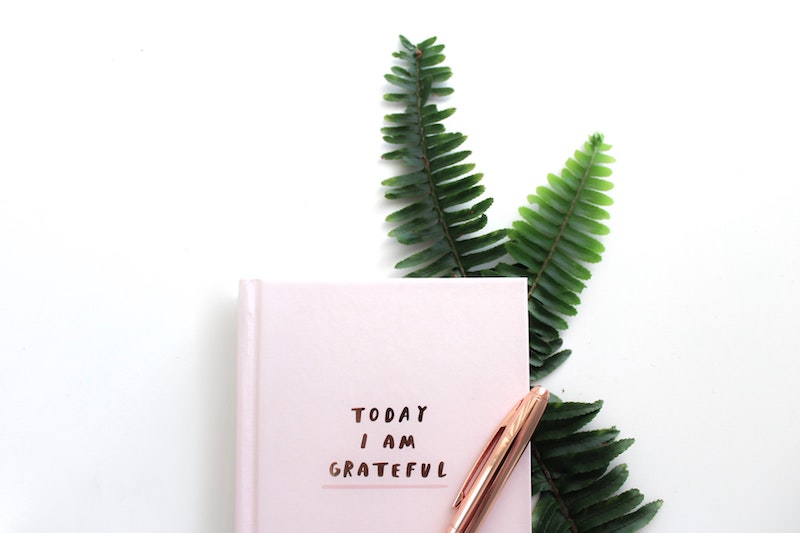[custom_frame_center shadow=”off”] [/custom_frame_center]
[/custom_frame_center]
The idea of self-care can be rather foreign to many people. I’ve heard people say they don’t have time to do anything for themselves, they can’t afford it, and a variety of other justifications. In our society of instant gratification, why would taking some time for self-care seem so out of reach?
Perhaps the definition of self-care is too varied. Frequently checking your social media sites feeds well into instant gratification but does not constitute self-care. In fact, many studies have been published that excessive social media usage is detrimental to your self-esteem. While you may feel informed by scrolling through your Facebook page, the simple action of scanning others’ accomplishments, purchases or vacations can cause you to feel worse about yourself.1
I really started thinking about others’ views of self-care during a girls’ trip to Florida. Five women stayed in a rented home for three days, not including two full days of road tripping. Four had been divorced (two very recently) with two remarried and one was happily married to her correctly chosen first husband. It was an interesting group of ladies, several of whom did not know each other extremely well. I was a little nervous about spending so much time with people I didn’t know well, but the allure of sun and sand was too much to pass up.
With the readiness of group texting, we were all kept aware of packing statuses, arrangements for taking of kids and when someone was in a dressing room lamenting the trying-on of a new bathing suit. With the mounting number of texts tinged with hints of insecurity and sometimes outright fear of leaving children with ex-spouses, it became quite clear that working on a tan was really the least of all reasons for a vacation.
In a Psychology Today article, “Self Care 101: 10 ways to take better care of you,” Maria Baratta Ph.D., L.C.S.W., says that self-care is about taking time to get to know you. Remember that person who wasn’t always so stressed out, had a head full of ambitions and knew exactly what she liked? Can you recall the distant memories of free time? Baratta says, “Self-care means recognizing when you are doing more than you are used to handling and trying to figure out what can be done to slow down.”2
After a 12-hour car ride to Florida, I can say with confidence these ladies were quite familiar with (and knew they were) attempting to handle more than any regular human could, but were completely at a loss on how to slow down. Taking some of the article’s main points, here’s how we attempted to maximize our self-care time:
Self-care means getting the sleep you need and knowing how to rest – To get a baseline to maximize the benefits of sleeping, you have to know how much sleep you need every day. Not how much sleep you get, but how much you need. Using a Fitbit is great for tracking your sleep. You can use this data and compare it to how you feel at various points of the day. I used a very rainy day (READ: a tropical storm trapped us indoors) to catch up on sleep, read in bed and avoid any type of extra effort.
Self-care means making sure that you’re well fed – This line is key: “does what you eat provide the energy you need to function?” I would guess that during a normal day of work and family life, many people would say yes…if that includes what came from a vending machine, drive thru or discovered in a desk. No judgment, as I have been guilty of attempting to use all three aforementioned options to sustain myself, but these do not ensure adequate nutritional foods to get you happily through the day. On the trip, we grocery shopped and took turns making small healthy snacks to hold us over for a larger dinner meal. Another element to being well-fed is that you enjoy at least some of your meals.
Self-care means finding a way to decompress throughout your day – What do you do to let your brain relax during the day? Baratta states: “What helps you tune out the noise?” When I worked full-time in an office setting, I would often got up and moved around, visited someone’s office to ask a question instead of calling or emailing and made sure to take a lunch break. I think the latter is key. It’s very easy to skip lunch and feel like you HAVE to. You pay for that later in the day when your energy level drops, your stomach or head hurt, and you are facing several more hours of work at home. Let’s face it – on a girls’ trip it’s easy to decompress if you don’t overschedule your days. We all got along well and gave each other some alone time every day.
Self-care means identifying what you enjoy doing and making a serious effort to integrate it into your day or, at the very least, your week – Most women I know can tell you what they like to do, but rarely do those things every day or every week. Or every month. Our vacation was a great way to take a break from the everyday stresses and, as we all enjoyed the beach, incorporate fun into every day.



